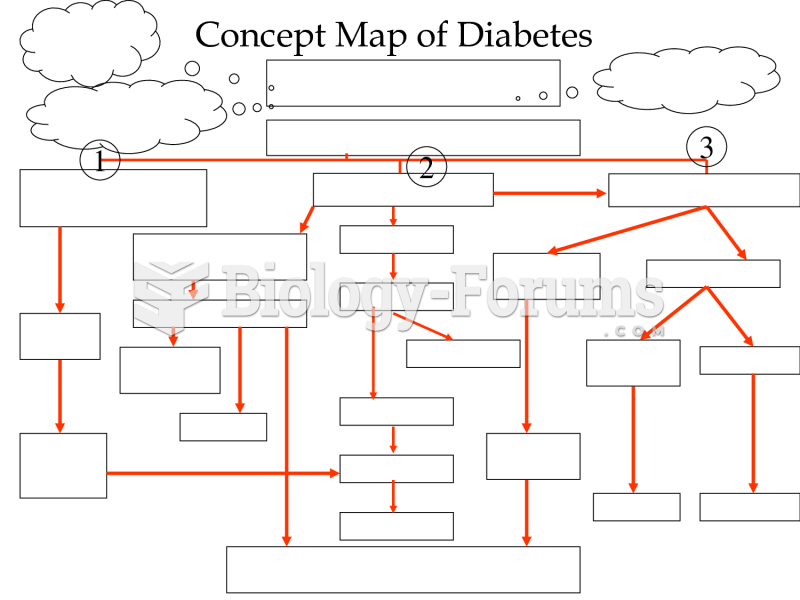Answer to Question 1
- Tantra is a spiritual practice that originated in India thousands of years ago.
- Practitioners of Tantra work to achieve enlightenment, the totality of the development of their potential as human beings.
- Tantric sex refers to a set of sexual exercises and activities that are said to transform pleasurable sex acts into spiritual experiences.
- According to Tantric beliefs, the energy that is believed to flow throughout the body joins together seven main energy centers, called chakras, throughout the body, from the base of the spine to the scalp.
- In Tantric sex, the goal is to open up the chakras and move the sexual energy, or kundalini, from the chakras nearest the genitals up to the heart, which is the feeling chakra.
- From there, the sexual energy unites with the partner's energy channel before flowing to the crown chakra at the top of the head, creating a sensation of oneness and ecstasy.
- The joining of two people is considered a spiritual rite and leads to a unity between them that is a stronger force than the sum of their individual spiritual energy.
Answer to Question 2
Masters and Johnson neglected the emotional and psychological components of sexuality, especially desire.
- Kaplan and others have posed the question, Would a sexual response cycle occur at all if desire is missing from the theory?
- One researcher, Roy Levin, proposed that two types of desire should be added: one type of desire that occurs spontaneously and then leads to sexual excitement, and another that stems from sexual stimulation, leading to sexual excitement.
A single, four-stage model cannot adequately describe the sexual responding of both men and women.
- These arguments have centered on the notion that the EPOR model is too linear, that it assumes that the stages predictably follow one another in a prescribed sequence.
- This progression might explain the male response cycle, but doesn't adequately explain the female response cycle, because the latter is significantly more complex.
Masters and Johnson's generalizations do not apply to all men and all women.
- They claimed that men ejaculate, but women do not.
- There is evidence that female ejaculation does exist.
- They claimed that men have a refractory period, but women do not.
- Research has suggested that some women may have a refractory period that is similar to a man's.
- They claimed that women can have multiple orgasms, but men cannot.
- More women than men report multiple orgasms, but some men appear to be capable of multiple orgasms, as well.







